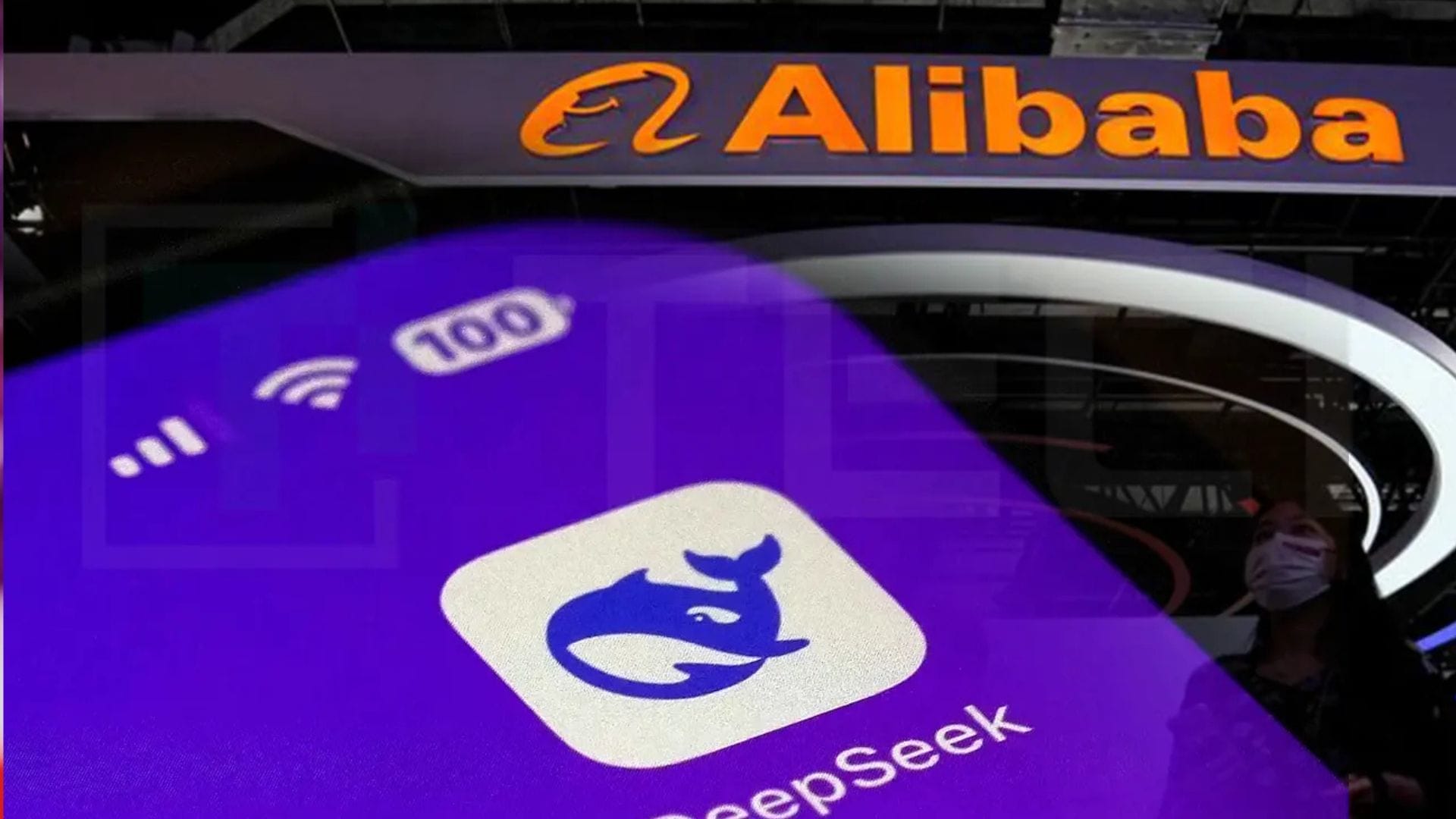DeepSeek faces growing competition from Alibaba and other Chinese AI rivals
DeepSeek’s dominance in China’s AI market is slipping as Alibaba’s Qwen models and other rivals rapidly gain ground, new data shows.

China’s artificial intelligence sector is witnessing a shift as DeepSeek, once the clear leader in open-source model usage, sees its dominance eroded by rising competitors. New data from the cloud computing platform PPIO reveals that DeepSeek’s once-near-total market share is declining as other models, particularly Alibaba’s Qwen series, gain ground.
Table Of Content
DeepSeek’s market share slips as rivals rise
DeepSeek had been the dominant force in China’s open-source AI landscape. During the first quarter of 2025, its AI models accounted for over 99% of open-source AI usage on PPIO. However, this share dropped to around 80 per cent by June, according to the platform’s data released late last week.
PPIO attributes this decline to the arrival of several strong contenders in the market. “Since May, DeepSeek’s share [on our platform] has decreased because of the influx of excellent models that have provided users with more choices,” the company explained.
One of the most notable challengers is Alibaba Group Holding’s Qwen model family. By late May, Qwen briefly overtook DeepSeek on the PPIO platform, reaching a usage peak of 56 per cent. Alibaba launched its Qwen3 models in April and saw their share grow from under 1 per cent in January to more than 10 per cent by June.
New players fuel China’s open-source AI race
PPIO was one of the first platforms to offer DeepSeek’s V3 and R1 models to third-party developers back in January, sparking a major increase in AI adoption across China. However, other players have since entered the scene. On 12 July, PPIO added Kimi-K2-Instruct to its offerings — an open-source model developed by MoonShot AI, a start-up backed by Alibaba. This model has gained rapid popularity worldwide.
The competition within China’s AI ecosystem remains fierce. The country now has over 1,500 AI models in development or deployment, with many start-ups focusing on improving the speed and usability of their systems. While these newer entrants have been active in enhancing their models and expanding access, DeepSeek has remained quiet about its upcoming releases, leaving room for competitors to gain traction.
Open-source models from other Chinese firms, such as Zhipu AI based in Beijing, have also seen increased usage on PPIO during the first half of 2025.
Global recognition still supports DeepSeek’s presence
Despite losing some ground on PPIO, DeepSeek continues to enjoy global recognition. According to OpenRouter, a US-based AI marketplace, DeepSeek ranked among the top ten model providers worldwide in mid-July. On the platform, DeepSeek accounted for 20 per cent of model usage, followed by Qwen at 10.5 per cent. Only Google and Amazon-backed Anthropic ranked higher.
In addition, a recent global survey by consultancy firm Artificial Analysis found that DeepSeek remains a popular choice among professionals in the field. More than half of all respondents, including many from China, expressed a willingness to adopt DeepSeek’s models, underscoring the company’s enduring international appeal.
As competition intensifies and new models continue to emerge, DeepSeek’s next move — particularly the release of its much-anticipated next-generation systems — could determine whether it can maintain its leadership in China’s fast-evolving AI sector.
















